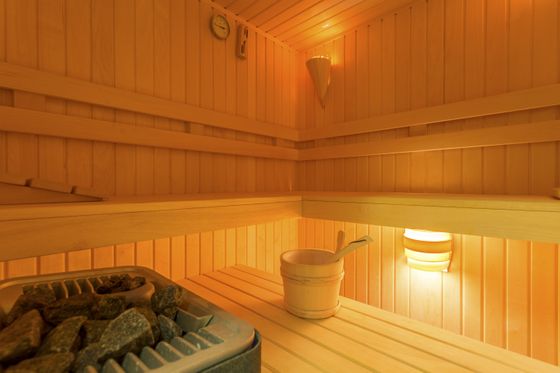Results of the survey that sauna users are 'into the sauna in hope of wrong effect'

by
Recent studies have shown that saunas are effective in improving and preventing dementia and diabetes . However, according to the results of a survey of people who often go to the sauna, 'the effect expected by the sauna user is not medically corroborated, but the known effect is hardly known' It turned out.
A hot topic for health: Results of the Global Sauna Survey-ScienceDirect
https://www.sciencedirect.com/science/article/abs/pii/S0965229919300998
People use sauna for well-being, but its medical benefits are not widely understood
https://theconversation.com/people-use-sauna-for-well-being-but-its-medical-benefits-are-not-widely-understood-117972
The research team of Joy Hussein and others at the Royal Melbourne Institute of Technology conducted extensive online surveys of people who frequently use the sauna. In this survey, 472 sauna users with an average age of 45 living in 29 countries responded, with a male-female ratio of 51.3% for men and 48.7% for women. Also, 81% of the respondents were highly educated and 90% non-smokers, while a third of the respondents tended to be overweight or obese.

by
The top three countries with the most answers were Finland, the United States, and Australia. In Finland, traditional steam bath saunas were often used, but infrared saunas were popular in the United States and Australia.
In addition, it was 'relaxation and stress relief' that was mentioned most as a reason to go to a sauna. In fact, people who use the sauna 5 to 15 times a month have a higher happiness score than people who use the sauna less than 5 times a month. However, the difference was so small that 'more research is needed to clarify the relationship between hyperthermia and mental health.' There was no relationship between physical health score and frequency of use.
The motivations other than 'relaxation and stress relief' are 'Relieving body pain (88%)' 'Conversing with acquaintances (85%)' 'Improvement in circulation (85%)' 'Detox ( 83%), and all respondents cited “relaxation” as what is actually happening in the sauna. In addition, 79% of respondents said that they had a 'conversation with other people' and 68% said they were 'medious'.

by nd3000
In addition, when the research team put together 'effects that I felt after the sauna,' 84% of the respondents answered that 'it is effective for sleeping', and 3 of 'people who feel pain in their back and muscles' Two minutes answered that 'pain was at least temporarily taken'. However, Hussein denied, 'There is little scientific evidence that saunas have an effect on improving sleep and healing the musculoskeletal system, and there is no fact that they are being used for treatment.'
On the other hand, although there have been several studies that show that saunas are effective for cardiovascular diseases such as heart attack and stroke, there are few sauna users who have known these effects. Of.
Hussein pointed out that the reasons for the difference between the benefits expected by the sauna users and the actual health benefits are 'because the medical benefits of the sauna's preventive medicine are hardly known.' He stated that it is important for sauna researchers to be more actively involved with healthcare professionals and to have an understanding of sauna efficacy both in the clinical setting and in the community.
Related Posts:
in Science, Posted by log1l_ks







